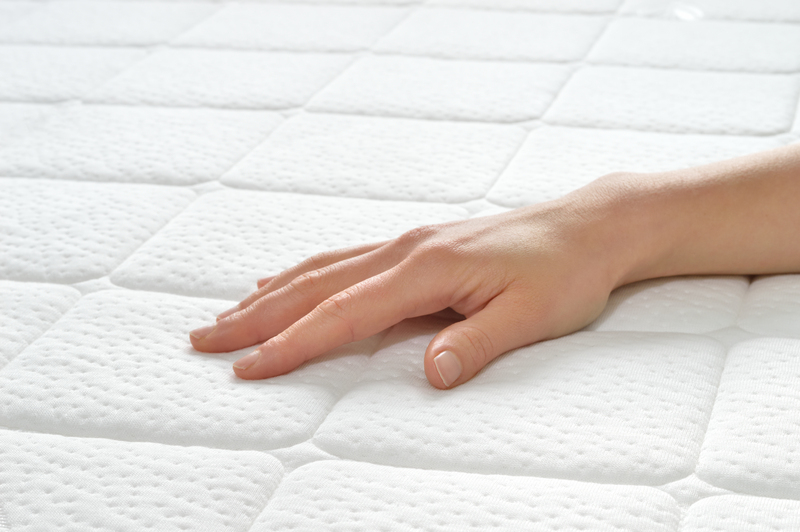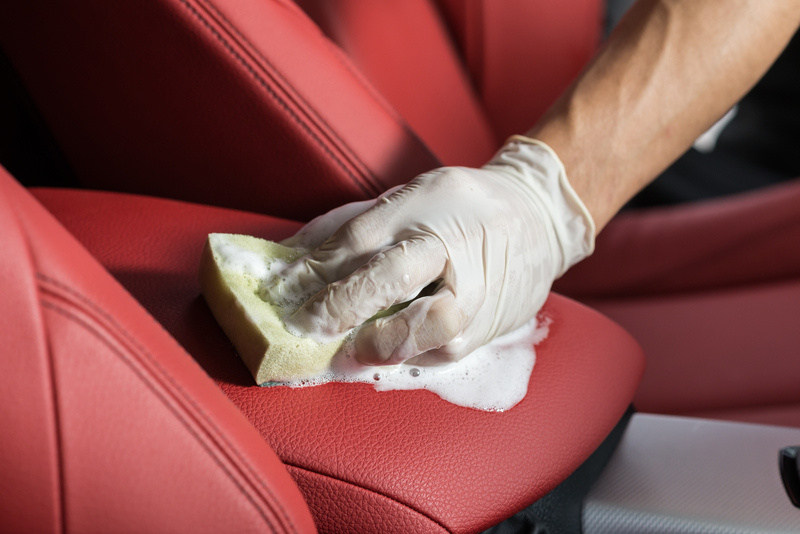The Hidden Dangers of DIY Carpet Cleaning
Posted on 24/07/2024

Carpets are a staple in many homes, providing warmth, comfort and a touch of luxury. However, they can also be a breeding ground for dirt, bacteria and allergens. Keeping carpets clean is essential for maintaining a healthy living environment, which leads many homeowners to take on the task themselves through DIY carpet cleaning. While it may seem like an easy and cost-effective solution, there are hidden dangers that come with DIY carpet cleaning that can actually do more harm than good. In this article, we will explore these hidden dangers and provide valuable tips and takeaways for maintaining clean carpets without putting yourself or your family at risk.
Dangers of Harsh Chemicals:
One of the most common mistakes in DIY carpet cleaning is using harsh chemicals without proper knowledge or understanding of their potential hazards. Many store-bought carpet cleaning products contain toxic chemicals such as bleach, ammonia, and formaldehyde which can cause skin irritation, respiratory problems and even long-term health issues when exposed in large amounts. These chemicals not only pose a danger to your health but can also damage the fibers of your carpets, leaving them discolored or weakened.
Tip: Always read the labels carefully before using any carpet cleaning product and opt for those with natural ingredients or consult with professionals who use eco-friendly solutions.
Risk of Over-Wetting:
Over-wetting is another major concern when it comes to DIY carpet cleaning. Using too much water or cleaner can lead to excess moisture being trapped in the carpet fibers which can cause mold and mildew growth. Aside from being unsightly and causing unpleasant odors, mold growth can also be harmful to your health. Those with allergies or asthma are particularly vulnerable to the effects of mold exposure.
Takeaway: It is crucial to use minimal amounts of water and cleaner during DIY carpet cleaning. Ensure proper ventilation by opening windows or using fans to speed up the drying process.
Ineffective Removal of Stains:
Stubborn stains on carpets can be a source of frustration for homeowners. Many DIY methods for removing stains involve using harsh chemicals or scrubbing aggressively, which can cause damage to the carpet fibers and lead to permanent discoloration. In addition, some stains like pet urine or vomit require specialized treatment that may not be effective with DIY methods.
Tip: When dealing with tough stains, it is best to seek professional help or use gentle and natural solutions such as vinegar and baking soda.
Potential Equipment Hazards:
DIY carpet cleaning often involves using rental machines or purchasing equipment without proper training or knowledge on how to use them. This can result in accidents such as burns from hot water or steam, electrical shocks, or even physical injuries from heavy equipment. Furthermore, these machines may not have the necessary power to effectively clean deep into the carpet fibers, leaving behind dirt and bacteria.
Takeaway: It is essential to thoroughly read the instructions and safety precautions before using any equipment for DIY carpet cleaning. If unsure, it is best to let professionals handle the job.
Pros and Cons:
Pros:
1. Cost-effective: DIY carpet cleaning can save money on professional services.
2. Convenience: Cleaning carpets at your own pace and time.
3. Personal touch: Ability to choose specific products and techniques for cleaning.
Cons:
1. Health risks: Exposure to toxic chemicals and mold growth.
2. Damage concerns: Possibility of damaging carpets or causing accidents.
3. Ineffective results: Difficulty in achieving professional-level cleanliness.
Conclusion:
While DIY carpet cleaning may seem like an easy solution, there are hidden dangers that must be considered before taking on the task yourself. From health risks to potential equipment hazards, the cons outweigh the pros when it comes to DIY carpet cleaning. Ultimately, the best way to ensure clean and healthy carpets is by seeking professional help from trained experts who use safe and effective methods. However, if you do decide to take on the task yourself, make sure to do proper research, follow safety precautions and opt for natural solutions. Don't compromise your health or the longevity of your carpets for the sake of saving a few bucks.





